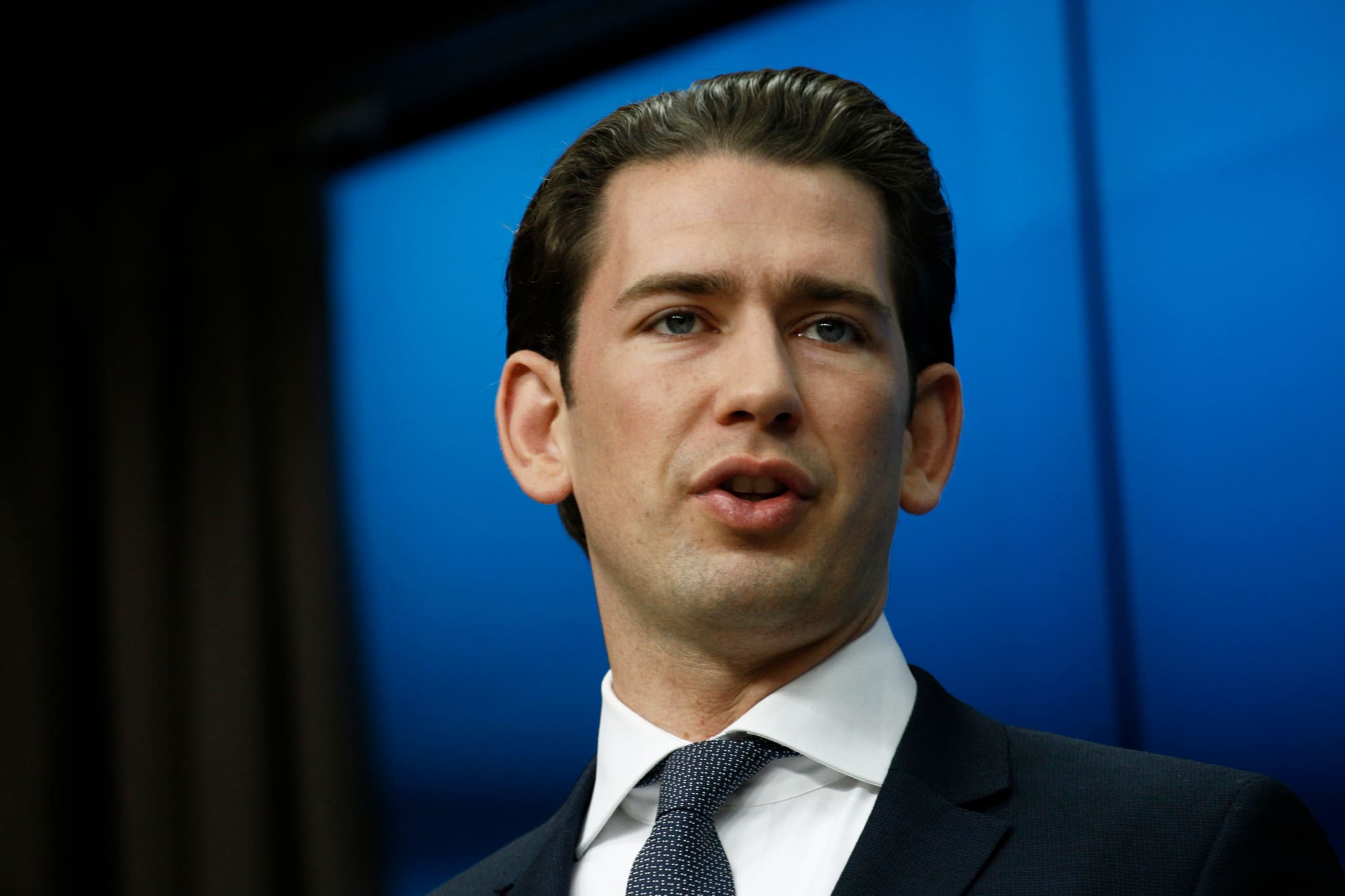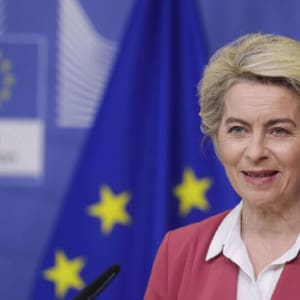In a televised interview for the German Bild news network, Austrian Chancellor Sebastian Kurz spoke about his government’s plans for dealing with the migrant influx from Afghanistan expected as a result of the expansion of Taliban rule in the country. Although the chancellor is clearly aware of the security risks such a development would bring, he lacks any plans for an Austrian solution. Instead, he puts his faith in German Chancellor Merkel, the European Borders Agency Frontex, and Turkey’s willingness to hold back the masses headed for Europe.
The influx of unchecked masses from Afghanistan is a very sensitive topic in Austria due to the recent rape and murder of a 13-year-old girl by Afghan migrants. Kurz has made it clear during the interview that he is indeed nervous about a repeat of the 2015 migration crisis, when almost two million Middle-Eastern migrants flooded the European mainland. As he put it, Europe must create measures to prevent this from repeating itself, as many Afghans are queueing up for European visas due to the worsening security situation in their own country. It is important not to make the same mistakes as in 2015, as the problems of Afghanistan will not be solved by an unrestricted flow of migrants to Europe.
In Kurz’s opinion, the solution should be a military one, but the EU is not a military superpower and cannot intervene effectively. It is inevitable that the advance of the Taliban forces will lead to migration flows, but these people must be taken care of in the region. The asylum laws were meant to give shelter to individuals fleeing political or religious persecution – they were never meant to be a right for whole countries or regions to take off and head to Europe. They were never meant to be a right for people to pick a country of their choice to settle, noted Kurz.
Yet the chancellor now believes that border countries of the EU are behaving differently as compared with six years ago. He even referred to German Chancellor Angela Merkel, who recently spoke about the fact that the world’s problems cannot be solved by accepting people from everywhere. In fact, Kurz seems to put his faith in what he described as the “changed message” coming from European leaders, and he believes that this will keep illegal arrivals away from Austria.
He also spoke about the great problems that people who have no education or training pose for European societies. The arrival of unskilled migrants has led to security issues now seen in the French and Belgian suburbs “again and again”. He even referred to the fact that the recent barbaric murder of a 13-year-old Austrian girl is part of the same phenomenon. Kurz mentioned the Afghan and Chechen communities by name as the ones who come from radically different cultures, and bring new levels of violent crime previously unseen in Austria. One just needs to look at crime statistics to find that there is an amount of brutality that previously has not existed in Austria, claims Kurz. Given the numbers, there are certain groups with particularly high rates of violent crime. In the chancellor’s view, the large increase in sexual crimes against women should not be glossed over, either.
When pressed by the reporter on what he wants to do with people who face getting their hands chopped off as a punishment in their own country, Chancellor Kurz replied that he simply does not want to import this “sick ideology” to Europe. Some arrivals integrate well, but many others bring these same ideas with them. As he put it, we are supportive of those individuals who have integrated, but large migration flows has led to increased antisemitism, homophobia, and violent attitudes towards women being imported into Europe. Kurtz added that it must be noted that large swaths of Afghanistan have been controlled by the Taliban even before the withdrawal of foreign troops. This is because a significant proportion of the population has tolerated their rule. At the same time, when pressed about the situation of women, the chancellor remarked that their rights are clearly violated in the Islamic country, yet at the same time many of them have no problem with going into stadiums to watch executions and mutilations.
Kurz has also made a brief remark about opportunities to repatriate or deport people to third countries in case their country of origin does not want to cooperate with Austrian authorities, yet he fell short of presenting any concrete plans. Kurz has in fact held the same faith in other countries solving the Austrian migrant crisis as far back as in 2018, when he claimed that “The Mediterranean route is closing.” Numbers have since shown that the opposite is true, and the inaction of politicians such as Kurz have since cost the lives of many other European victims of terror attacks and violent crime.






